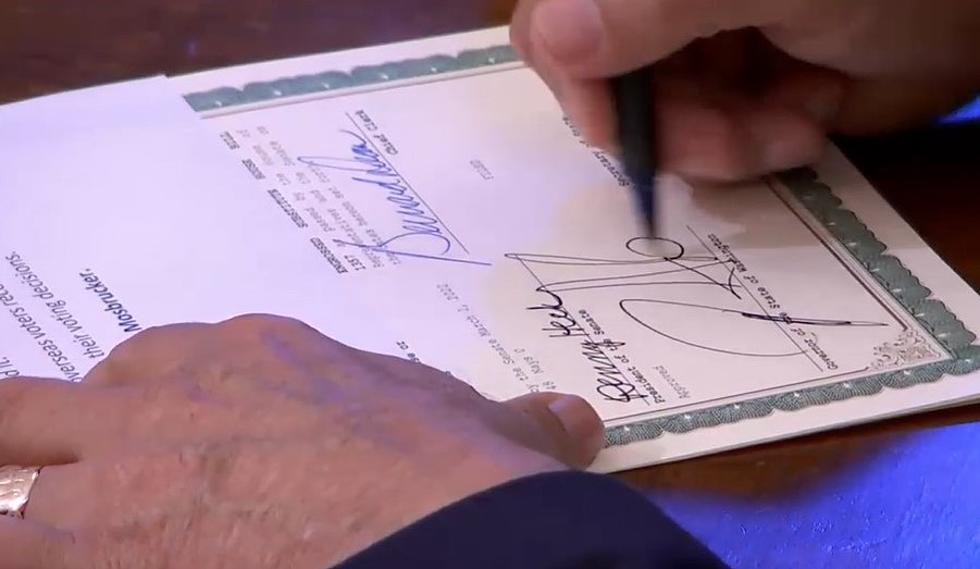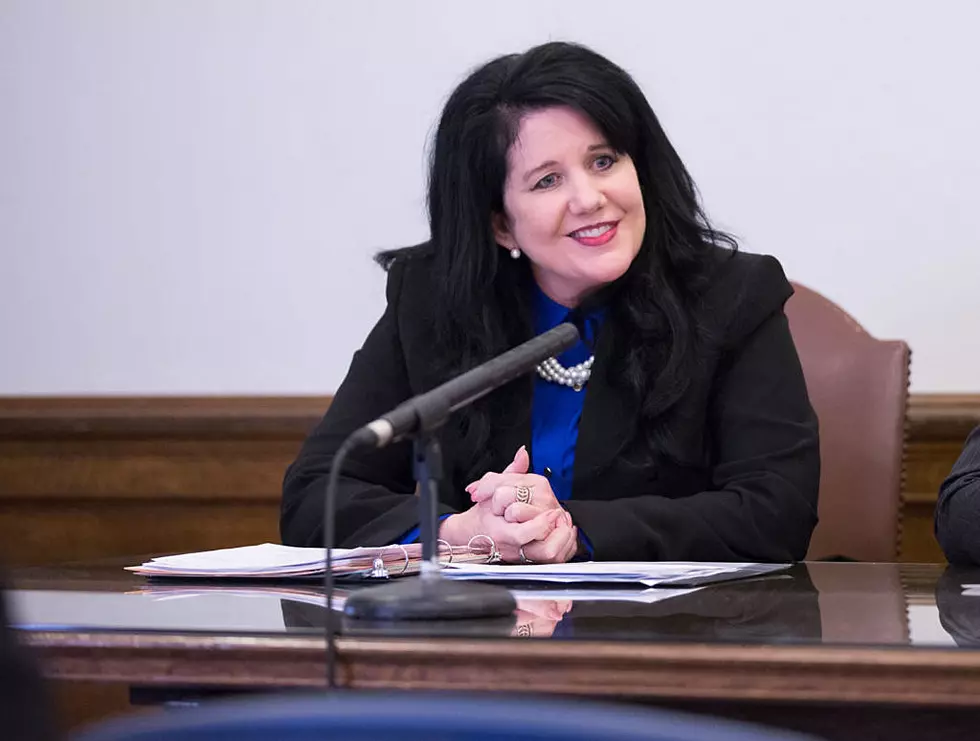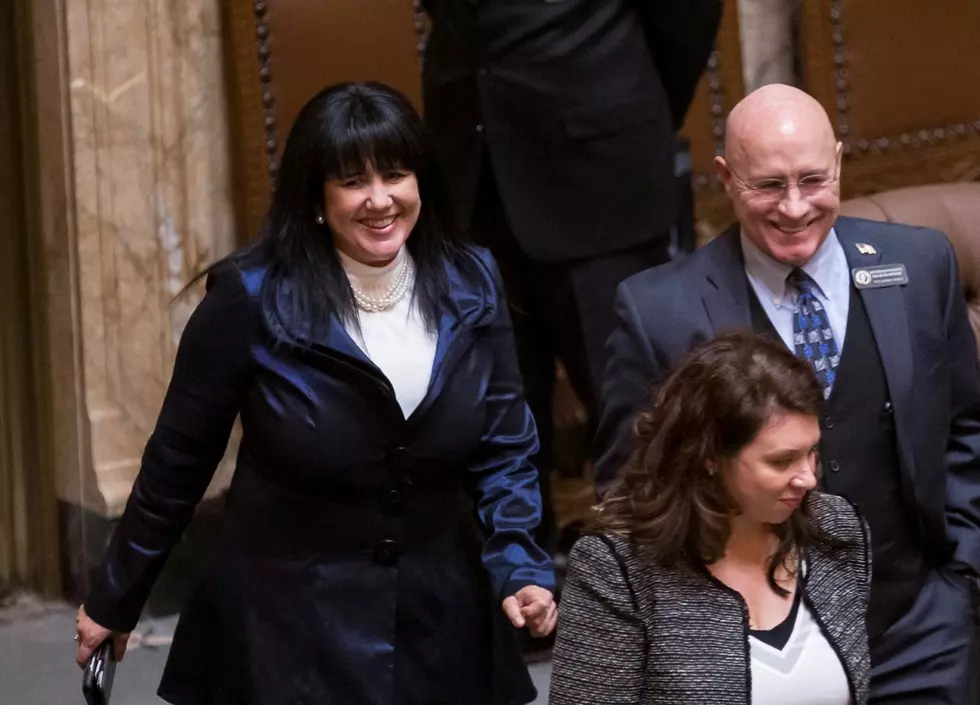
Yakama Tribe, Others Support “Bring Them Home” Legislation
While Democrats held power in the last legislative session some republicans say it was a very successful session. One of the lawmakers that saw success is 14th District State Representative Gina Mosbrucker.
Mosbrucker says she worked hard for House Bill 1571 pleased it's now law
The governor recently signed three of her bills into law including one that continues efforts to help tribal and law enforcement authorities work together to solve cases involving missing and murdered Indigenous people. Mosbrucker says House Bill 1571, the "Bring them home bill," passed unanimously in both the House and Senate. She says the measure requires county coroners to identify and notify the family of a deceased Indigenous person, allowing them to access the remains to conduct spiritual practices or ceremonies.
Mosbrucker says it allows traditions to continue
"It allows tribal members to pray over a deceased Indigenous person without compromising the scene before an autopsy is conducted. Law enforcement would work with them to allow the ceremonies to be performed in accordance with tribal tradition. It is important to respect their tribal cultures," says Mosbrucker, R-Goldendale. A news release from Mosbrucker says the measure also requires the Washington state jail booking system to be checked during investigations seeking missing Indigenous people.
The measure also creates a new pilot program for trafficked victims
Plus, the measure creates a pilot program and sets aside funds to provide a "receiving shelter that will take in as many as 50 trafficked victims. In addition to shelter, Indigenous trafficking survivors will be able to receive mental health counseling, medical care and legal services.
"Sadly, some of these tribal families don't have the resources to be able to help their loved ones if they've been in horrific situations, such as prostitution or drug crimes. They also don't have the skill set to help these victims heal their addiction or provide the mental health counseling they need," noted Mosbrucker. "This program would bring these victims to a facility to provide temporary shelter and connect them to services that could help them get their lives back."
The measure provides funding to help victims of trafficking
Mosbrucker says also the "Office of Crime Victims Advocacy is directed under the bill to award up to 10 state-funded grants to local agencies, federally-recognized tribes, nonprofit community groups, and nonprofit treatment providers to increase the visibility and accessibility of services and resources for Indigenous trafficking survivors. The grants will be divided – five on the east side of the Cascades and five on the west side, becoming available Sept. 1."
Two other bills signed by the governor were backed by Mosbrucker
Other bills sponsored by Mosbrucker were also signed into law.
House Bill 1357 requires county auditors to mail a statewide and local voters' pamphlet to registered Washington voters overseas, including military voters.
The governor also signed House Bill 1497, a measure Mosbrucker authored to further regulate and reduce annoying commercial telephone solicitation calls.
Under the bill, a news release says "telephone solicitation is restricted to between the hours of 8 a.m. and 8 p.m. Telephone solicitors will now be required to identify themselves within the first 30 seconds of a call, and to end the call within 10 seconds if the called party indicates they no longer wish the call to continue. In addition, the bill requires removal of the called party from the solicitor's list upon request, and no further calls could be made within at least one year after the request to be removed from the list. Violations are subject to a $1,000 fine for each call."
LOOK: Here are the biggest HBCUs in America
READ ON: See the States Where People Live the Longest
The 100 Best Places to Live on the West Coast
More From KMGWFM








